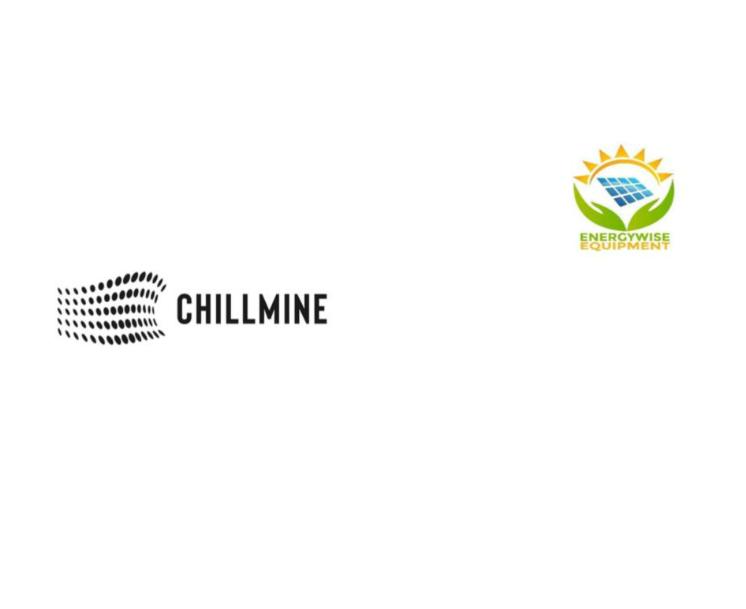 The one thing clear about telecoms in Africa is that basic phones still rule. There’s another thing too clear to ignore; it is that people on the continent love Facebook. Facebook is so popular, for many Africans it’s the first point of contact with the Internet. Orange has woken up to this fact. The mobile operator will be launching Facebook via USSD in Africa.
The one thing clear about telecoms in Africa is that basic phones still rule. There’s another thing too clear to ignore; it is that people on the continent love Facebook. Facebook is so popular, for many Africans it’s the first point of contact with the Internet. Orange has woken up to this fact. The mobile operator will be launching Facebook via USSD in Africa.
With 70 million subscribers across 20 Africa countries, Facebook via USSD is a big deal. And there’s more reason; basic mobile phones, the so called dumbphones, rule. Facebook access without the web is a service with an extremely high chance of success in Africa.
In the press release posted yesterday, Orange says it knows Facebook via USSD will succeed . According to the release the service was launched at the end of 2011 in Egypt, and over 350,000 subscribers connected Facebook via USSD in the first month.
Using the service subscribers can search for Facebook friends, invite friends, accept or deny friend requests, update their status and comment/like/unlike their friend’s status’ all via USSD. Orange says subscribers will have the choice between four types of pricing: per session (10 to 20 minutes), daily, weekly and monthly. Exact bundles and tariffs will differ in each country.
Orange is not the first with a Facebook solution for basic cellphones. In 2009, ForgetMeNot Africa, a London based startup, introduced an SMS based chat and email service with a launch on the Econet Lesotho network. The application, called Message Optimiser, allowed email communication using basic mobile phones. In the past 3 years, the service has extended to 5 more networks across Africa, amoung them Nigeria’s Glo and Econet Zimbabwe. According to FMNA, Facebook messages (chat and updates) now account for most of the Message Optimiser traffic in Zimbabwe.
Gemalto (the Amseterdam-based guys powering NetOne’s mobile money system) also has a Facebook application for basic phones called Facebook for SIM that it released last year in February. The application, a SIM based one, provides text-menu-based interaction with Facebook via SMS. According to media reports last year the application was developed with the help of Facebook. The downside to the Gemalto solution is that being SIM based usually requires subscribers to replace their SIM cards with a high memory capacity one. This has proven to cause uptake problems here with NetOne’s OneWallet mobile money system.
There’s no mention of who Orange’s external technical partner is on the Facebook via USSD project. It might mean it’s an internal solution but chances are they also worked with Facebook on this.













Comments
6 responses
USSD is one way to deliver Internet-based services to basic handsets.
The other alternative is a SIM-based solution such as “Facebook for SIM” developed
by Gemalto: this solution offers an easy access to a mobile interactive text
version of Facebook, working on any GSM phone even without data subscription.
Among other things, the main benefit is the possibility to stay connected to Facebook all the time; as a matter of fact, thanks to interactive notifications that
automatically pop-up on the user’s handset screen, the user can be continuously
be informed about the actions generated by his/her friends (for example a notification is sent to the user when somebody posts a comment on his/her
status, sends him/her a request to be friend or posts a new feed on his/her
wall).
It increases users’ stickiness to the service and encourage them to buy again
daily/weekly/monthly passes.
For example, Personal in Argentina has already launched commercially this service
last October 2011.
More information can be found at: http://www.gemalto.com/telecom/life_mobilizer/facebook.html
Sébastien Violette (working on it at Gemalto)
Dude, did you even read the article?
definitely.
The technology partner for Orange is Myriad: http://www.myriadgroup.com/press/news-2011/myriad-updates-on-track-to-deliver-social-networking-to-over-1-billion-mobile-users.aspx
thank you for the information steve
[…] The Myriad Group are not new when it comes to porting web services to USSD, having worked with Facebook and Twitter via the Orange network in parts of Africa, Telefonica in Latin America and Vodafone in India. These services were just like those offered by Econet and ForgetMeNot Africa when they gave us Facebook for feature phones some time ago… […]